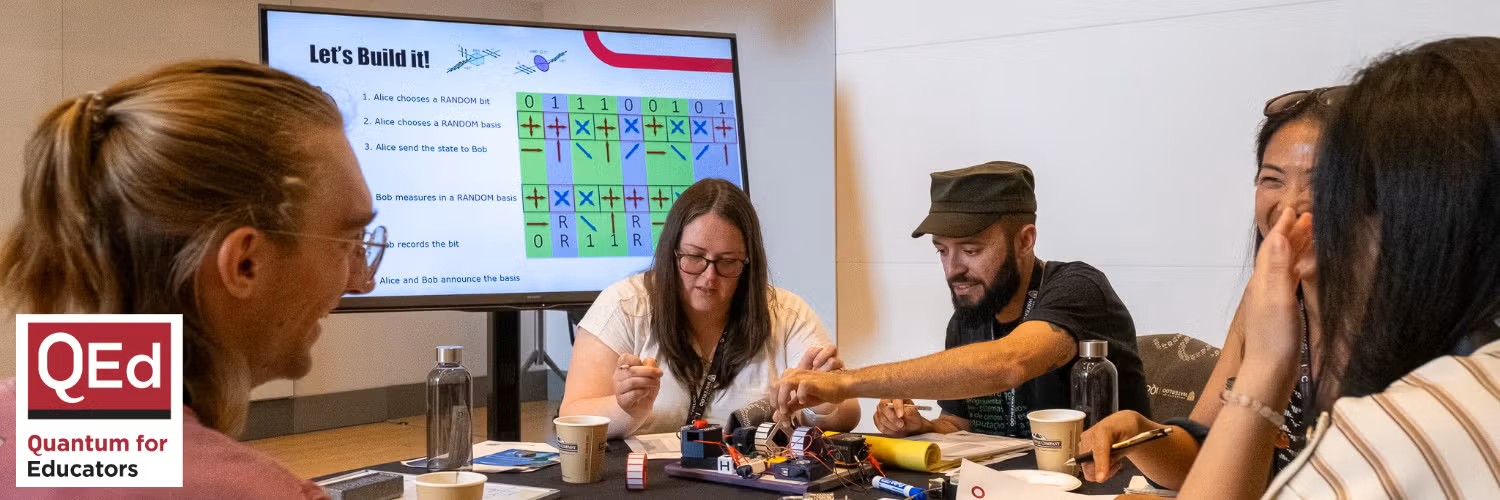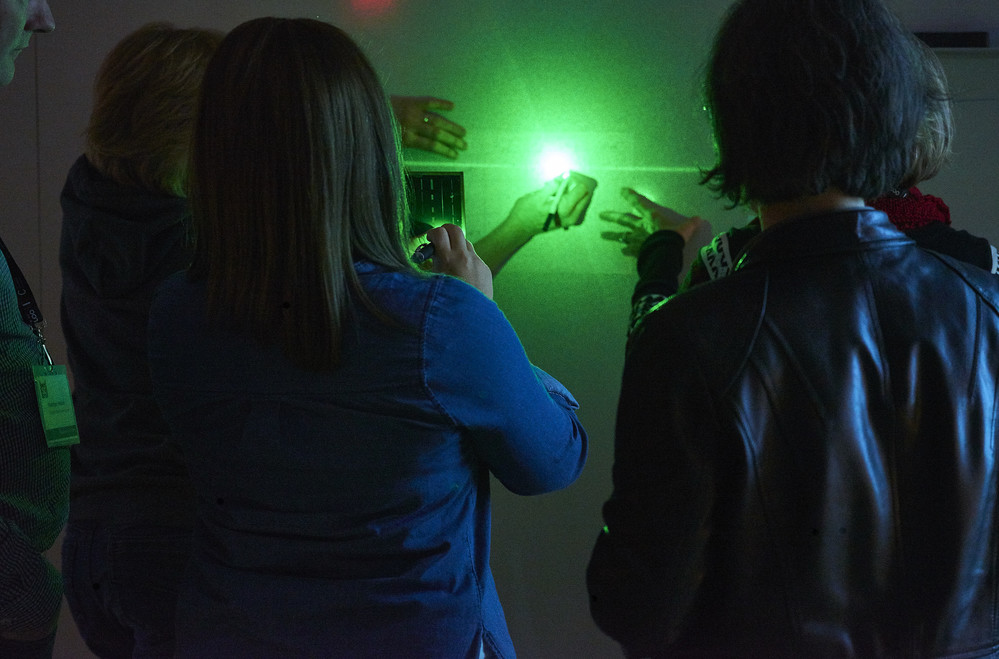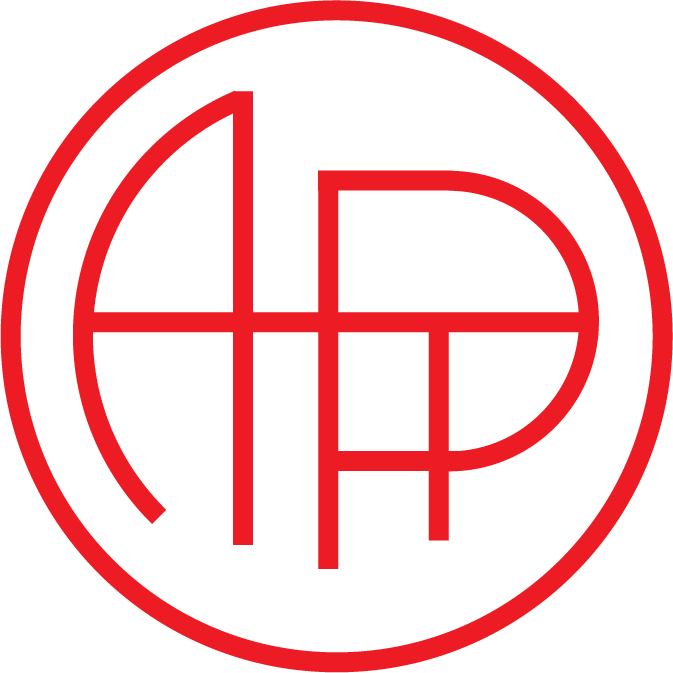March 03, 2025 Filed in:
AnnouncementsJohn Donohue, IQC Senior Manager, Scientific Outreach
jdonohue@uwaterloo.ca
We’re excited to announce the 11th
Quantum for Educators (QEd) workshop, which will be held July 16-18 on-campus at the Institute for Quantum Computing (IQC) at the University of Waterloo. This workshop, formerly known as Schrödinger’s Class, focuses on accessible, affordable, and appropriate ways to introduce quantum mechanics and quantum technology to high-school students.

QEd Participants will leave with ready-to-use activities and concrete curriculum connections to celebrate the 2025 UNESCO
International Year of Quantum Science and Technology. QEd explores fundamental concepts like superposition, wave-particle duality, and entanglement as well as applications in existing technology like atomic clocks and emerging technologies like quantum computing.
Read More...Tags: Modern Physics, Professional Development, Quantum
October 09, 2024 Filed in:
AnnouncementsJohn Donohue, IQC Senior Manager, Scientific Outreach
jdonohue@uwaterloo.ca
Date: November 18-21, 2024
Location: Online!
Hosted by: Institute for Quantum Computing, University of Waterloo, Ontario
With 2025 announced as the
International Year of Quantum Science & Technology, there’s never been a better time to bring quantum science to our students. To help prepare educators no matter where they’re located, we’re excited to host a series of
virtual sessions on how to connect quantum technology to the curriculum, hosted by the Institute for Quantum Computing (IQC) at the University of Waterloo.

These sessions will take content from our long-running Quantum for Educators (QEd) workshop to explore fundamental quantum principles like superposition and entanglement, connect them to curriculum-relevant topics like waves, polarization, vectors, and probability, and show how they are applied in modern and emerging technologies like quantum computing and communication. We’ll also overview affordable hands-on activities that can be done with your classroom.
Read More...Tags: Modern Physics, Nobel Prize, Professional Development, Quantum
March 13, 2024 Filed in:
AnnouncementsJohn Donohue, IQC Senior Manager, Scientific Outreach
jdonohue@uwaterloo.ca
Date: July 29-31, 2024
Location: Institute for Quantum Computing, University of Waterloo, Ontario
The Institute for Quantum Computing (IQC) at the University of Waterloo is excited to announce our 2024 free in-person summer workshop on quantum mechanics and quantum technology.
The 10
th Quantum for Educators (QEd) workshop (formerly known as Schrödinger’s Class) will take place July 29-31 this year. Led by quantum experts from the IQC, QEd will explore fundamental quantum principles like superposition, wave-particle duality, and entanglement and show how they are applied in emerging technologies like quantum computing. Participants can expect to leave with affordable activities and accessible lesson plans with concrete curriculum connections to take back to their classrooms.
Financial support for travel and accommodations is available for Canadian teachers. Applications are due Friday May 3rd.
Tags: Modern Physics, Quantum, Professional Development
September 02, 2023 Filed in:
AnnouncementsJohn Donohue, IQC Senior Manager, Scientific Outreach
jdonohue@uwaterloo.ca
Date: December 1-3, 2023
Location: Institute for Quantum Computing, University of Waterloo, Ontario
The Institute for Quantum Computing (IQC) has a free workshop on quantum mechanics and quantum technology taking place December 1-3 on the University of Waterloo campus.
Schrödinger's Class will provide you with lesson plans and affordable, ready-to-go activities explained by quantum experts to take back to your classroom. Applications are due Monday October 16th. Financial support for travel and accommodations is available.
Tags: Modern Physics, Quantum
September 06, 2022 Filed in:
ArticlesChris Meyer, Past President, Ontario Association of Physics Teachers
christopher.meyer@tdsb.on.ca
The stock and trade of the science teacher is the Bohr diagram. Ask a random person off the street what an atom looks like and they will describe a Bohr diagram (well, actually something similar but with ovals — just Google “atom”). But is the Bohr diagram a useful representation of the atom to teach students? In this article we will explore the conceptual foundations of the Bohr diagram and my proposed alternatives. Along the way, we will delve into the science of the atom and flesh out some challenging ideas. Now, normally when I write an article, I share well-rehearsed practices from my classroom. This article will be different! Here I share my musings as an attempt to define this problem and layout possible solutions. I'll also let you in on a little secret of mine: when I want to learn more about something, I choose to write an article about it! Since this is an exploration, I would be very happy to hear your thoughts on these ideas. I am no chemist and I recognize that I am venturing into dangerous terrain. Read on!
Read More...Tags: Pedagogy, Quantum
February 02, 2022 Filed in:
ReviewRobert Prior, ePublisher OAPT Newsletter
science@robertprior.ca
There’s a lot of good physics (and math) embedded in the grade nine space unit, if you know where to look for it. David Butler is a retired computer scientist who is fascinated with space, and he’s applied his mathematical background to explaining, in simple terms, what’s behind the fancy pictures we see from NASA, and how we know what we know about the universe. To do this he’s created a series of video books focusing on different topics, as well as hundreds of short classroom-ready video clips on topics ranging from astronomy to quantum mechanics.
Read More...Tags: Astronomy, Cosmology, Diversity, History, Math, Modern Physics, Quantum
September 08, 2019 Filed in:
AnnouncementsJohn Donohue
jdonohue@uwaterloo.ca
Date & Time: November 22-24
Location: Institute for Quantum Computing, University of Waterloo, Ontario
Join us for three days at the Institute for Quantum Computing (IQC) for the fifth Schrödinger's Class teachers' workshop on quantum mechanics. You will have the opportunity to attend lectures and engage in hands-on activities focused on the integration of quantum technology into the current teaching curriculum. We will discuss quantum information science and technology to give you a deeper understanding of quantum mechanics. You will discover how harnessing remarkable quantum phenomena is not only transforming the way we compute and communicate today, but how it will change the technological landscape of tomorrow.
Application Deadline: October 4th 2019
The workshop will run November 22-24 2019
The workshop is open to any Canadian science and technology teacher, with a focus on physics and chemistry. There is no registration fee, and costs of transportation, accommodation, and meals are covered.
More details can be found at:
www.uwaterloo.ca/iqc/programs/schrodingers-classTags: Modern Physics, Quantum
November 22, 2017 Filed in:
ArticlesRoberta Tevlin, Manager OAPT Newsletter, teacher at Danforth CTI
roberta.tevlin@tdsb.on.ca
Are you tired of reading answers from your students that just blather on and on about anything that is vaguely related to the question? It took me many years to realize that I needed to explicitly teach my students how to write a good answer. Dave Doucette’s workshops on giving students the H.O.T.S. (Higher Order Thinking Skills) started me on this path. Learning to write clearly also helps students to think clearly. In an earlier article, I presented an activity called
Writing with the Four C’s. This time I would like to present something I call “Scrambled Science”.
Read More...Tags: Light, Modern Physics, Pedagogy, Quantum
June 10, 2016 Filed in:
ArticlesRoberta Tevlin, OAPT Editor, Teacher Danforth CTI
Rolly Meisel, OAPT Photographer
roberta.tevlin@rdsb.on.ca
The interference of light is a very important concept in senior high school physics and has been for a long time. The polarization of light used to be a minor topic but has become more and more important over the last couple of decades because of its use in LCD screens and 3-D movies and because it is possible to get a cheap class set of polarized filters. This article describes a demonstration that combines polarization and interference.
Read More...Tags: Light, Modern Physics, Quantum
May 07, 2016 Filed in:
ReviewRoberta Tevlin, OAPT Editor, Teacher Danforth CTI
roberta.tevlin@tdsb.on.ca
The double-slit experiment is one of the strongest pieces of evidence for the wave nature of light and it is also the best place to start to explore the key concepts of quantum physics. By this point, most teachers in Ontario are familiar with the great, free teaching resource from The Perimeter Institute of Theoretical called
The Challenge of Quantum Reality. If you haven’t got yours yet, you should! Three short, on-line videos are now available as an addition to the resource.
Read More...Tags: Light, Modern Physics, Quantum
January 29, 2016 Filed in:
ArticlesJames Ball, OAPT Membership Chair, Physics Teacher, John F. Ross C.V.I.
James.Ball@ugdsb.on.ca
The Heisenberg Uncertainty Principle is a very abstract concept for most high school students and teachers. This lab activity is a simple variation of a single slit diffraction experiment. It clearly shows that defining the location of a photon (by passing it through a slit) increases our uncertainty about its momentum.
Read More...Tags: Light, Modern Physics, Quantum
January 23, 2016 Filed in:
ReviewShawn Brooks, Contest Manager, Teacher at University of Toronto Schools
sbrooks@utschools.ca

I attended the Teaching Quantum Technology (TQT) workshop on Dec. 5
th and 6
th and left with 12 activities that I could use right away in my classes. Now, the challenge for me is: how can I fit these activities into my grade 11 or grade 12 physics courses?
Read More...Tags: Professional Development, Quantum
March 19, 2016 Filed in:
ArticlesRoberta Tevlin, OAPT Editor, Teacher Danforth CTI
Roberta.tevlin@tdsb.on.ca
Edited by Margaret Scora
Lasers are quantum light sources and they are everywhere. But what is quantum about them? The PhET simulation is a great tool to give students a feel for the quantum process called stimulated emission.
Read More...Tags: Energy, Light, Modern Physics, Nobel Prize, Quantum



